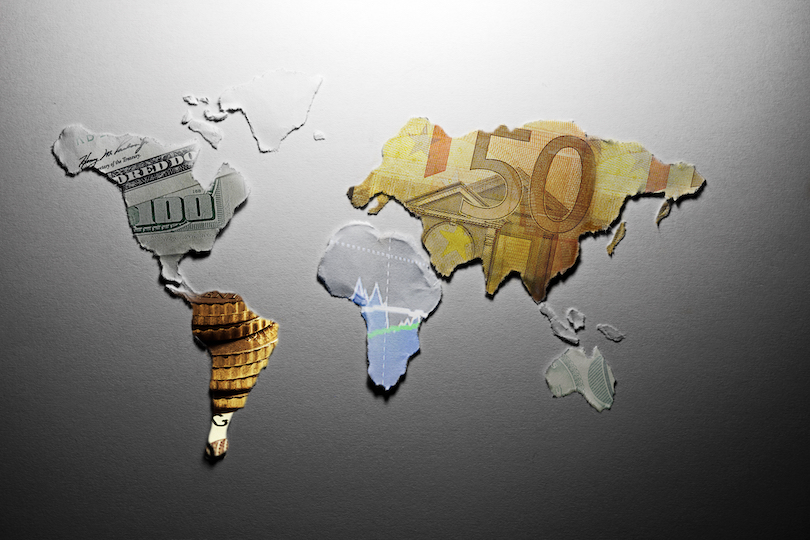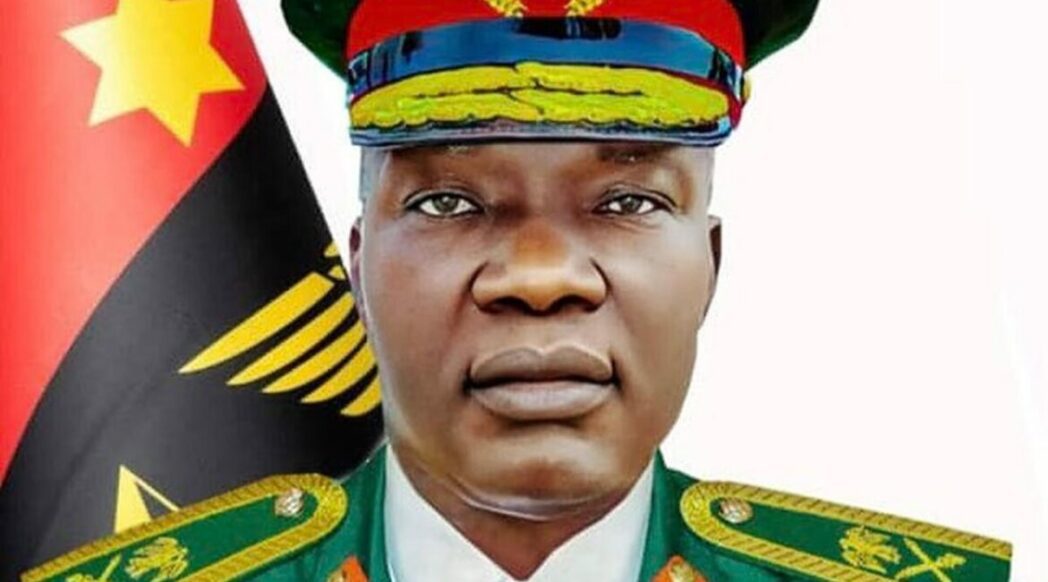The global economic landscape is witnessing a series of strategic reforms aimed at fostering growth and stability across various regions. International organizations, including the International Monetary Fund (IMF) and the World Bank, are actively engaging with nations to implement policies that address both immediate challenges and long-term objectives.
In the United Kingdom, the IMF has recommended adjustments to Chancellor Rachel Reeves’s fiscal rules to enhance policy flexibility. The current framework, which restricts borrowing for day-to-day expenses and mandates a reduction in national debt by 2029/30, has been criticized for its rigidity. The IMF suggests reducing the frequency of fiscal assessments by the Office for Budget Responsibility (OBR) to once annually and allowing controlled deviations from targets between Budgets. These refinements aim to provide the government with greater leeway to respond to economic fluctuations without resorting to abrupt spending cuts or tax increases. (ft.com)
In Egypt, the government projects a 4% economic growth by the end of 2025, attributing this optimistic outlook to robust economic reforms. Planning and Economic Development Minister Rania Al-Mashat highlighted the positive impact of these reforms during the World Governments Summit. Despite challenges such as a significant decline in Suez Canal revenues and geopolitical tensions, Egypt’s proactive measures are expected to bolster its economic trajectory. (arabnews.com)
The International Monetary Fund has also provided guidance to South Africa, emphasizing the need for structural reforms to stimulate economic growth. IMF senior resident representative Tidiane Kinda underscored the importance of fiscal consolidation and adjustments in the public sector wage bill. He highlighted the excessive operating costs associated with State-Owned Enterprises (SOEs), which have cumulatively cost South Africa about 5% of GDP since 2008. The IMF recommends reducing SOEs’ operating costs by rationalizing wages, tackling waste, divesting non-core assets, and focusing on core mandates. (iol.co.za)
In Asia, the World Bank has identified key areas for India to focus on to achieve high-income status by 2047. The report emphasizes the need for increased private and public investment, fostering an environment conducive to job creation, promoting structural transformation, and enabling states to grow faster and together. These reforms are seen as essential for India to sustain its growth momentum and address challenges such as low labor force participation rates and regional disparities. (worldbank.org)
Similarly, the World Bank’s inaugural Lesotho Economic Update highlights the potential for job creation and economic growth through private sector-led initiatives and fiscal policy reforms. The report suggests that promoting investments in export industries and implementing effective fiscal policies can drive economic activity and improve living standards. The recent surge in public investment, particularly in the Lesotho Highlands Water Project, is expected to contribute to this positive trend. (worldbank.org)
In the Lao People’s Democratic Republic, the World Bank has called for reforms to address macroeconomic instability and unsustainable public debt. The report recommends increasing the state’s revenue capacity by restructuring excise duties and eliminating tax incentives under current investment agreements. A credible debt restructuring plan and improved debt management are also deemed necessary to restore debt sustainability and support economic growth. (worldbank.org)
The Organization for Economic Cooperation and Development (OECD) has expressed optimism about the global economy, projecting a growth rate of 3.2% over the next two years. The OECD attributes this positive outlook to a downward trend in inflation across major economies, increasing trade, rising real income, and central banks gradually lowering interest rates. However, the organization advises governments to remain vigilant and continue implementing reforms that spur economic growth. (voanews.com)
In Nigeria, the World Bank has endorsed President Bola Ahmed Tinubu’s economic reforms, including the removal of the gasoline subsidy and the adoption of a unified, market-reflective foreign exchange rate. These measures, while leading to an increase in gasoline prices and currency depreciation, are viewed as essential steps toward fiscal sustainability and economic growth. The World Bank emphasizes the importance of sustaining and fully implementing these reforms to realize their benefits. (guardian.ng)
Collectively, these developments underscore a global consensus on the necessity of structural reforms and strategic policy adjustments to foster economic growth and stability. While the specific measures vary by country, the overarching goal remains consistent: to create resilient economies capable of navigating both current challenges and future uncertainties.












Im not convinced that economic reforms always lead to growth. Sometimes they just benefit the rich. What do you think?
I dont buy it! Economic reforms only benefit the rich. What about the working class struggling to make ends meet? #inequality #economicgrowth
I really think the article missed out on discussing the potential negative impacts of rapid economic reforms on marginalized communities.
Do you think economic reforms truly lead to sustainable growth or is it just a temporary fix? Lets discuss!
Interesting read on economic reforms, but do you think growth is sustainable long-term? Curious to hear different perspectives on this!